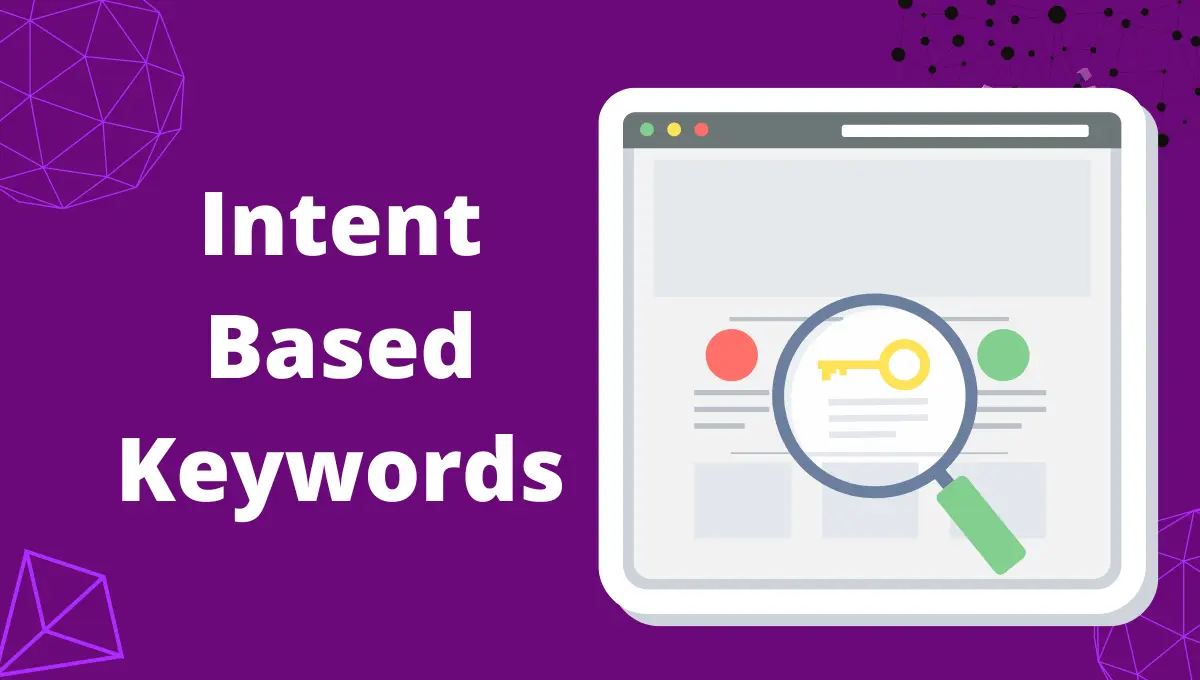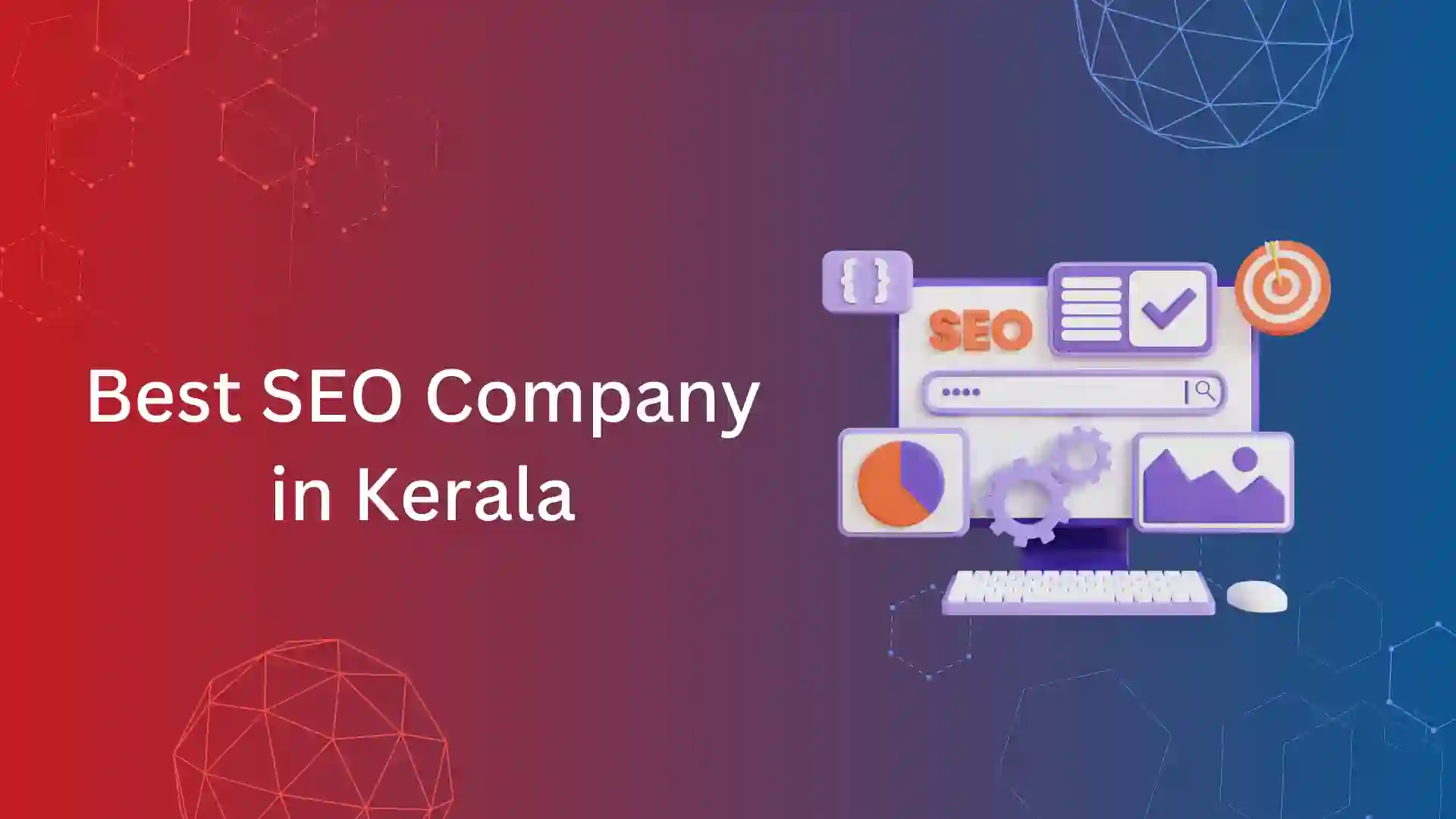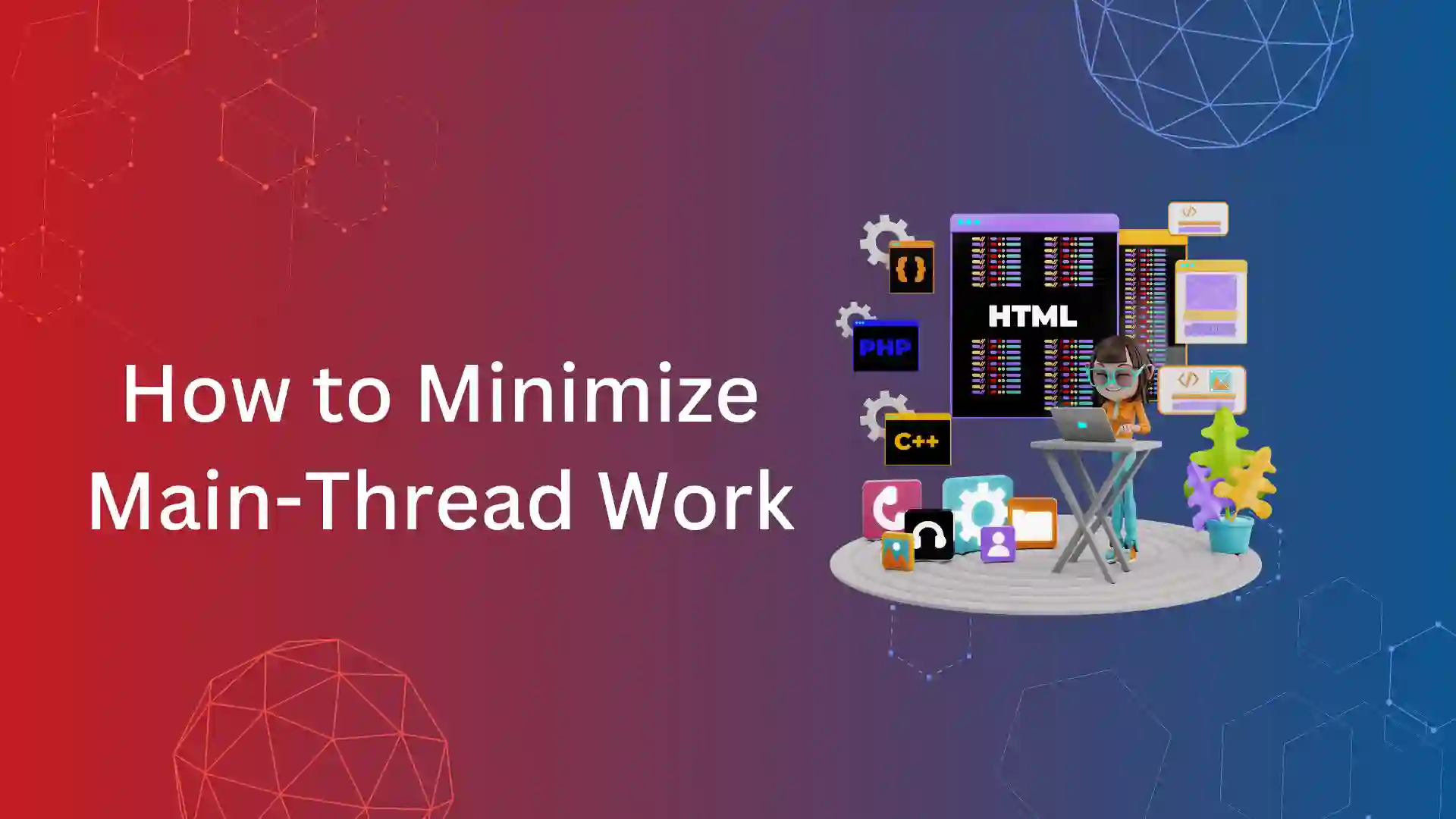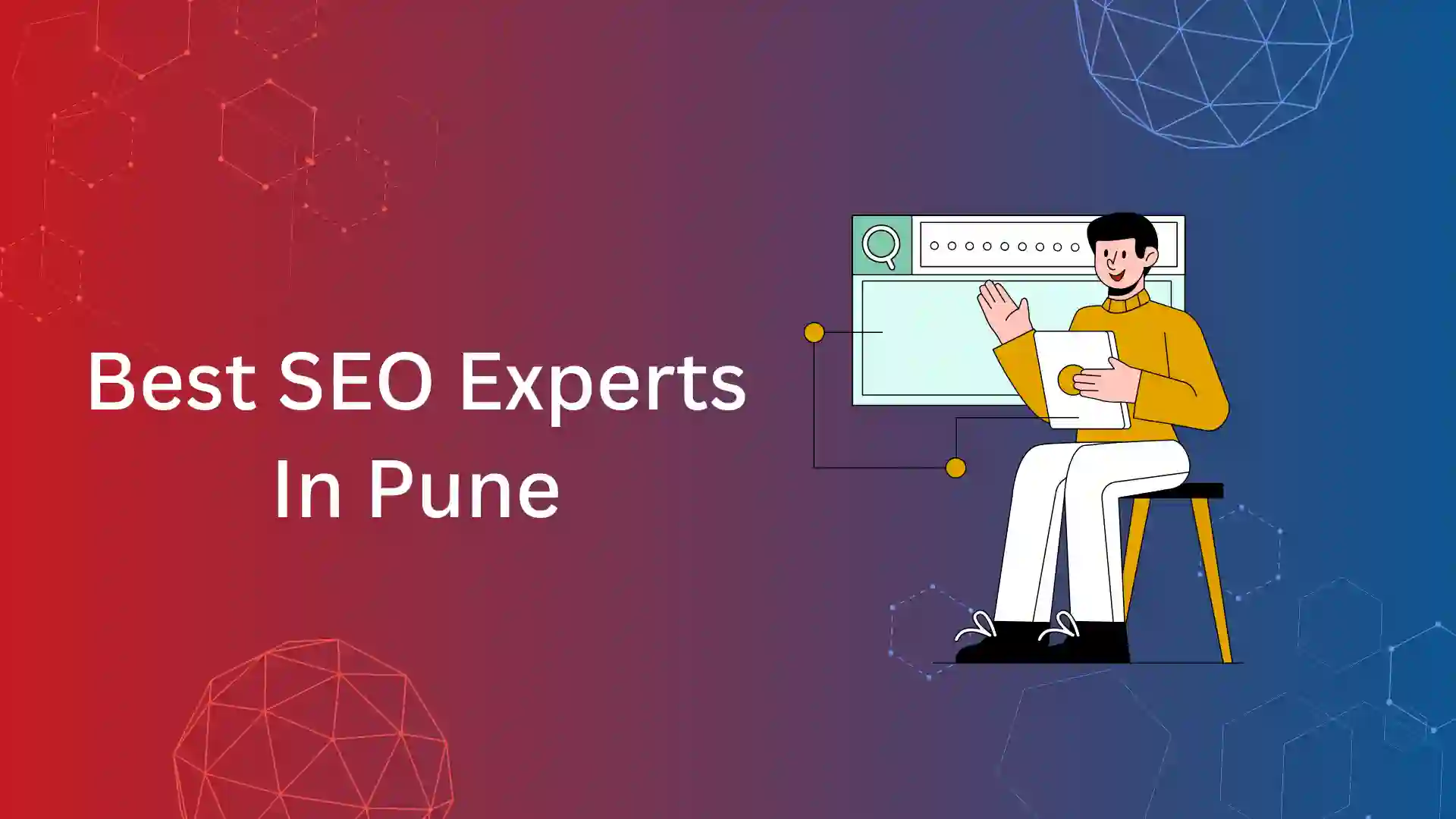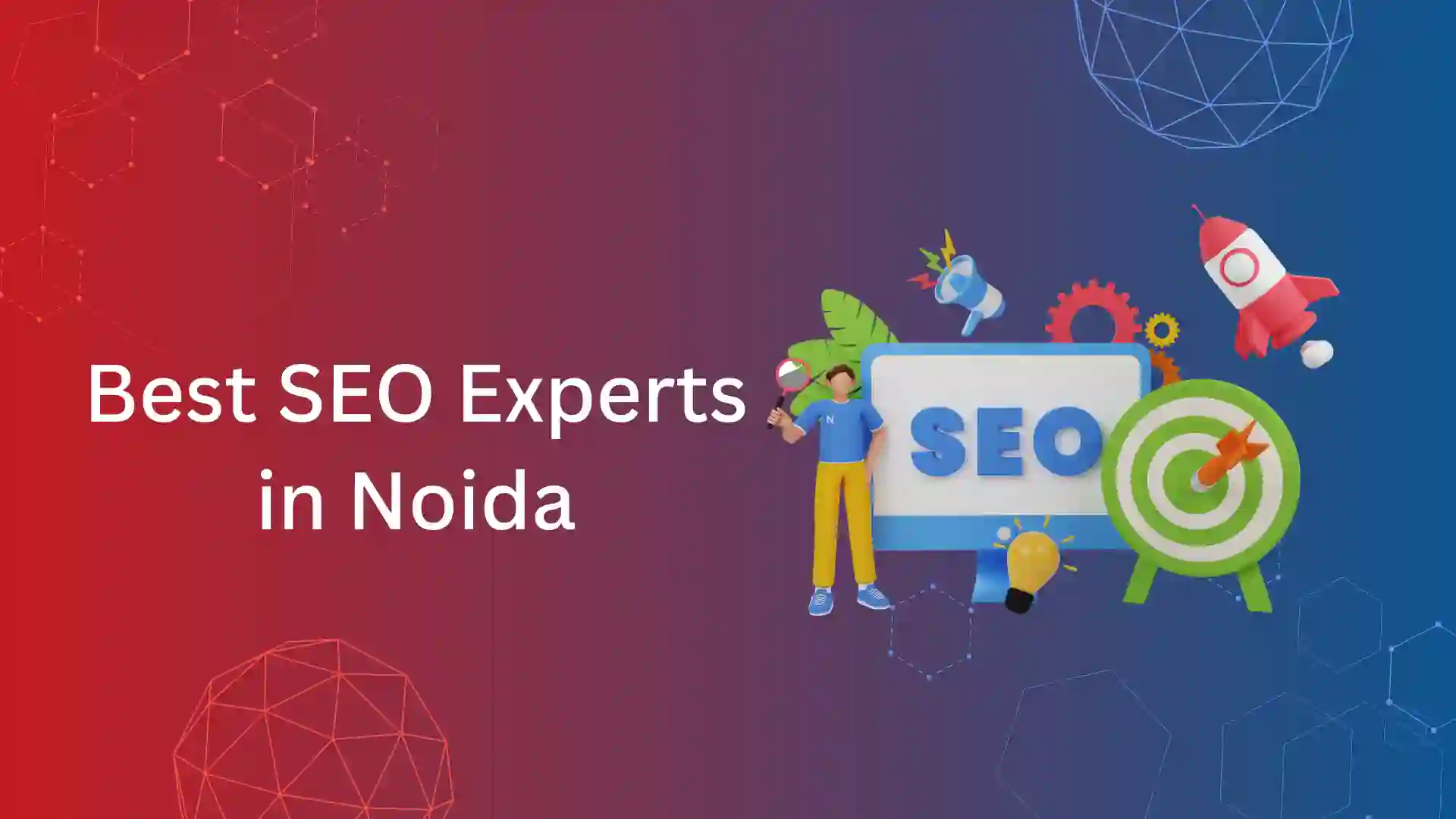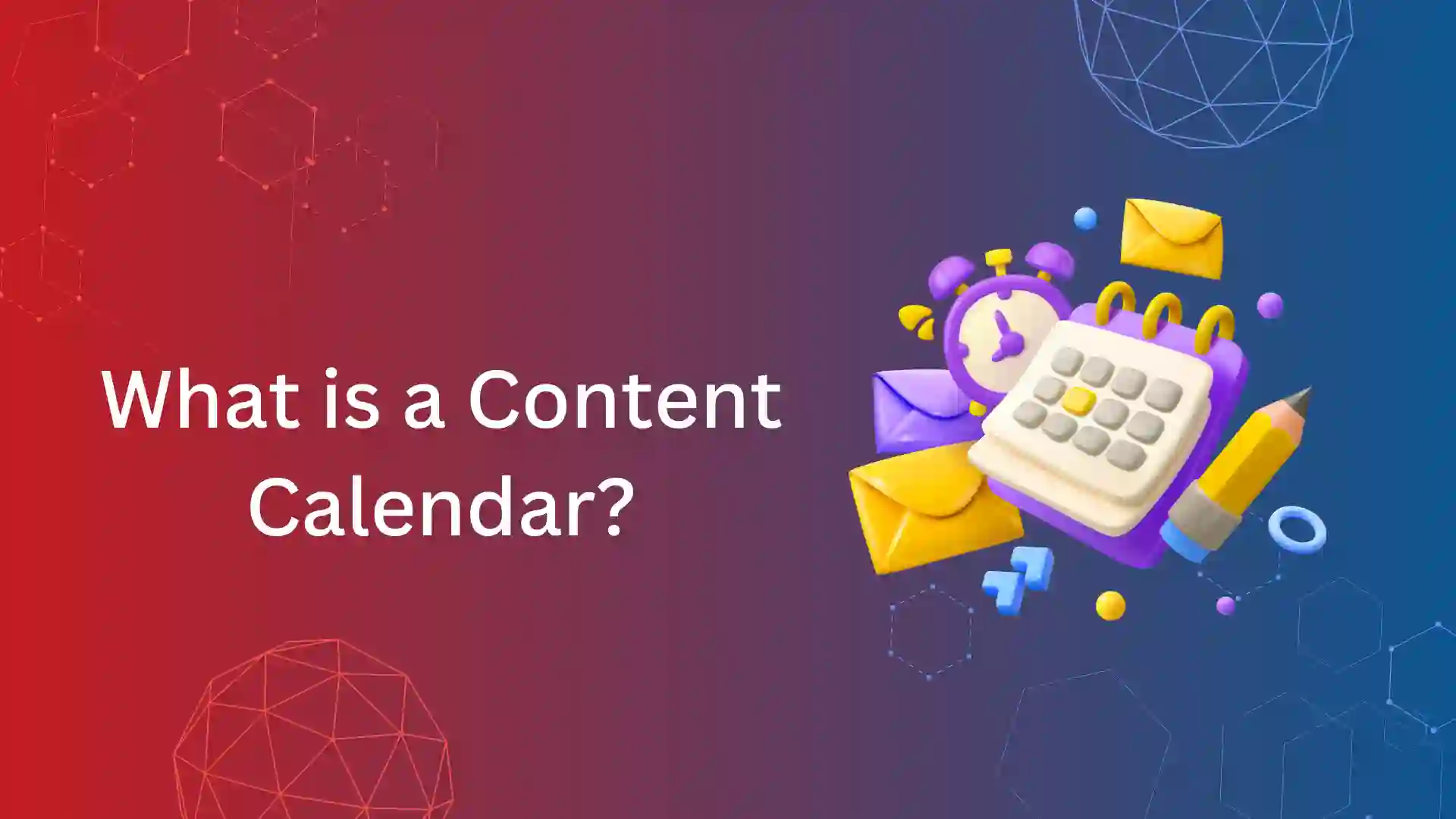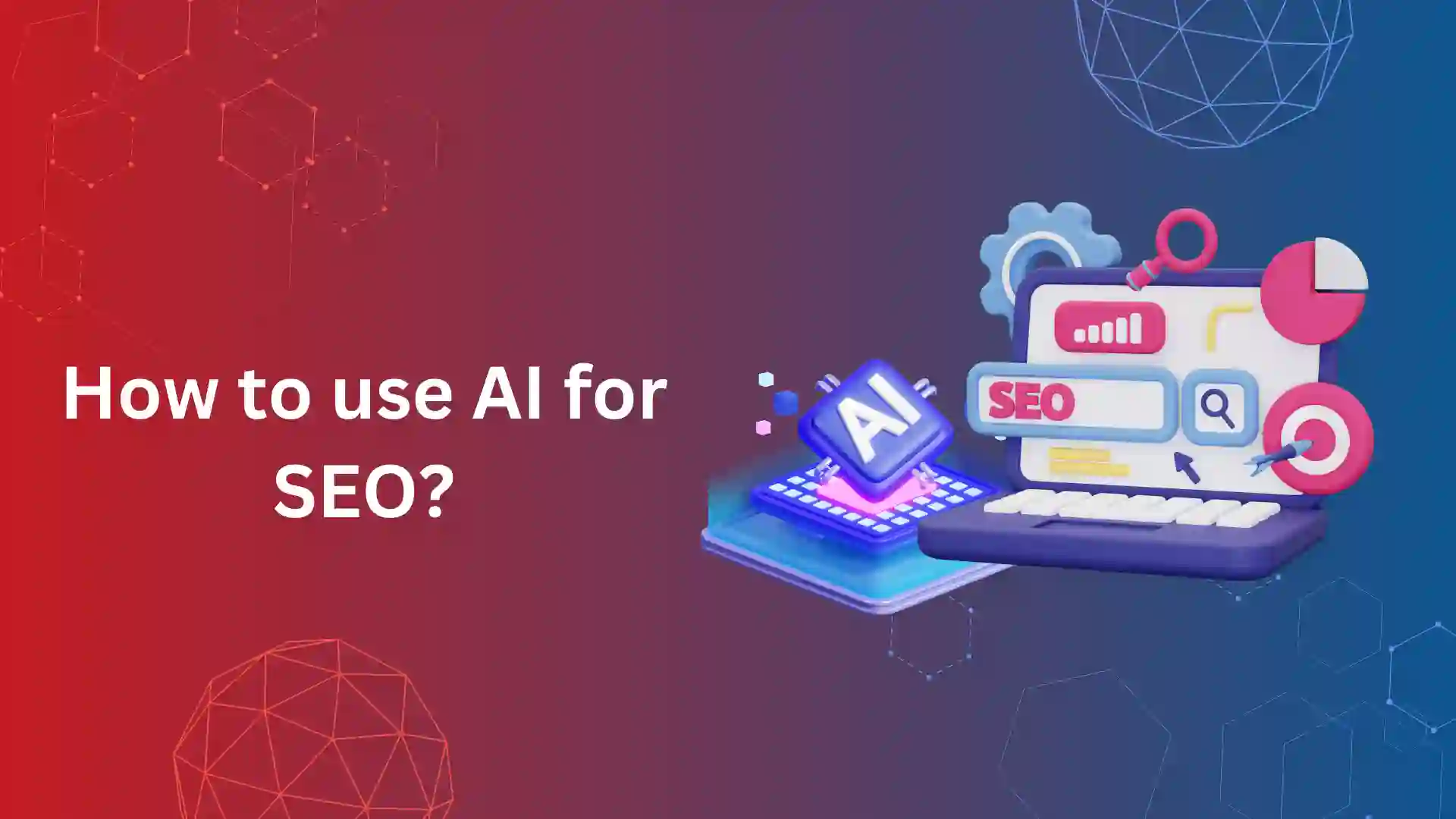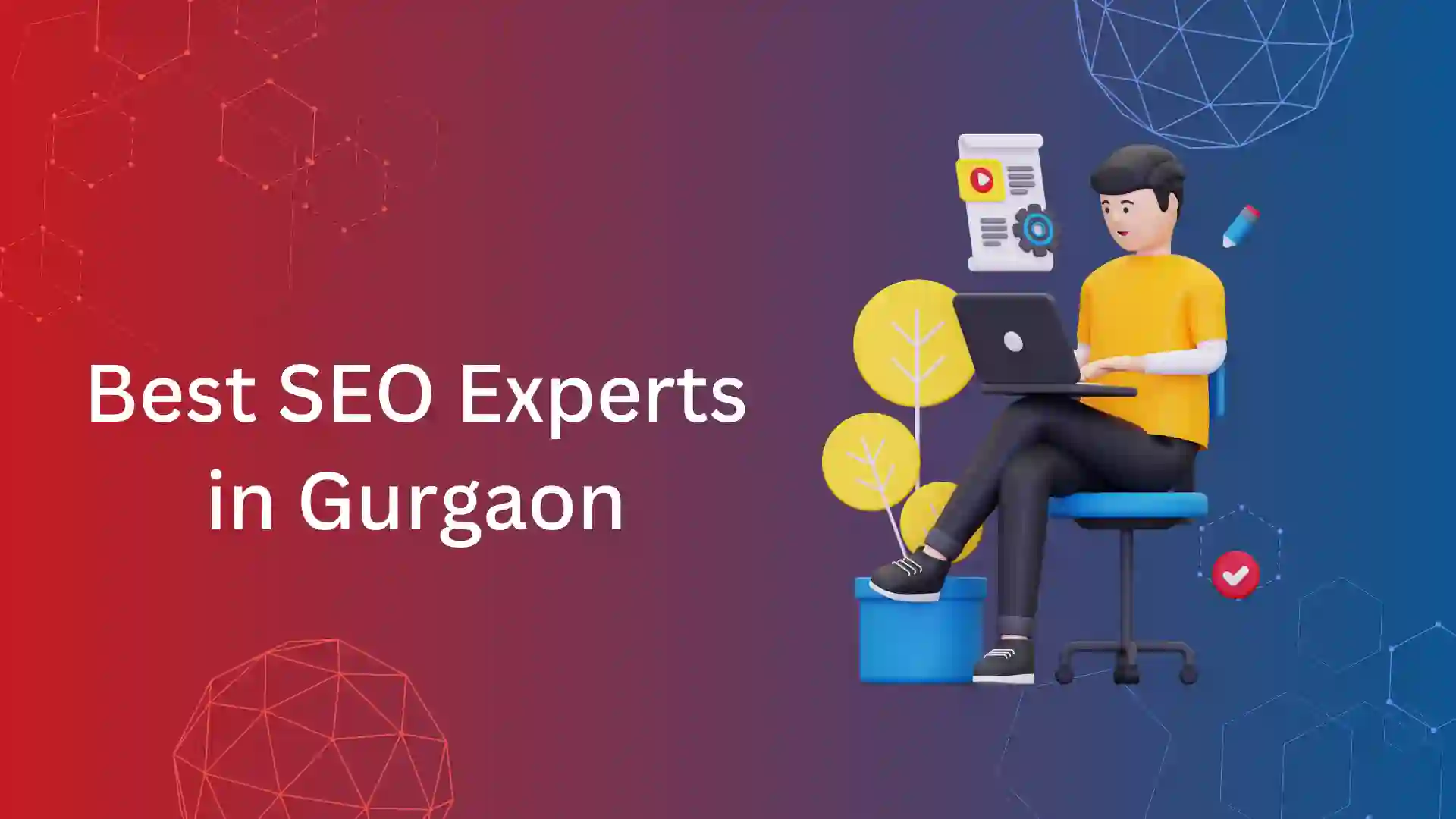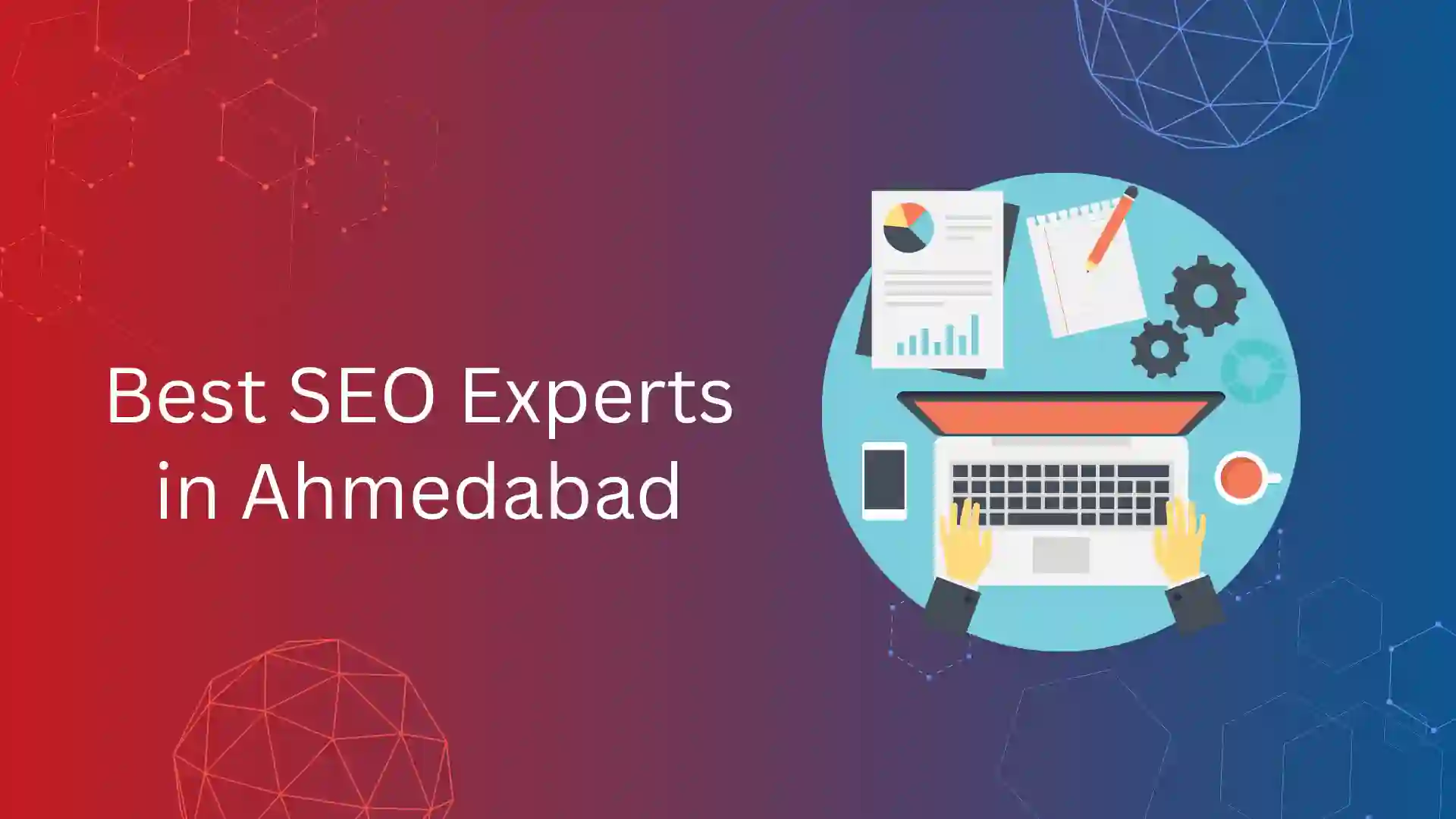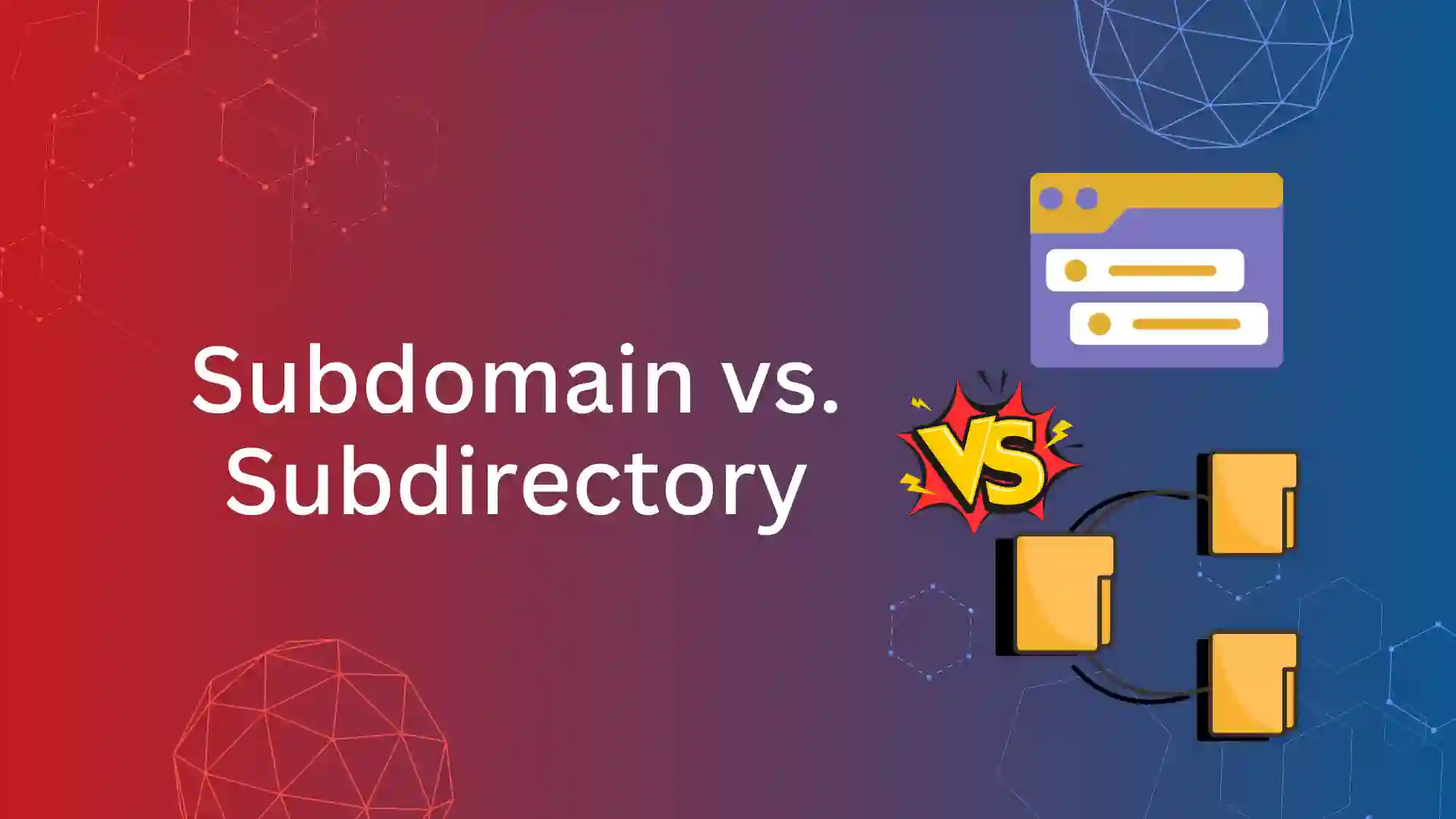In the last few years, internet marketing has been booming, with many platforms to promote the business or products through the internet. Earlier it was search engines, social media, video content platforms, etc.
Still, search engines hold a maximum number of internet users coming to them for any transactions to make or any information they need.
How do search engines like Google, Bing, Yahoo, and Yandex do so? Only because these are pull marketing mediums, i.e., they provide the right information to the right audience. This is what intent is meant by.
The business becomes effortless when the intent of the marketer and the customer are similar.
In this article, we will be detailing what is intent based keywords, how to identify or research them, benefits, and more.
Why you Need Intent Based Keywords for SEO?
Every SEO expert knows keyword research is integral to the complete SEO process. Intent based keyword research are the new trends which many business looks at.
Search Engines make themselves more complex by working on algorithms that make their internet users depend on them for any information.
Search engines have come to think like humans. Post the BERT update, Google works to provide the relevant results using natural language programming.
Out of all the key ranking factors, the web page’s relevancy (intent) is still the top ranking factor.
Recently, everyone is used to searching even simple information, and search engines are ready to provide as much information as needed.
Search engines must keep the user’s base to pitch them for any information. From that angle, Google has now come with
- rich results
- auto suggestions
- Google stories
- Google news
For example, when surfing to “buy protein powder” (keyword). The intent here is commercial, which users might buy today or in the future.
So, the result in the search engine will not be related to what protein is or the benefits of protein powder.
Rather search engine provides various websites that have the protein powder for sale.
In such cases, a search engine like Google will provide the results with the details like price, offer, stock position, and more.

Why should search engines provide these details in search engine result page (SERP). These are the information, internet users would be interested in, and SEO experts call them as rich result.
These result motivate the users to visit the website to know more on the product.
Google will only promote the pages that has the same intent of “buy protein powder.” It doesn’t mean that the web page should be stuffed with “buy protein powder” everywhere.
Once you understand the intent of your customer, you should optimize them accordingly that gets maximum conversion.
Hence, intent-based keywords are highly important for SEO practices.
What is Search Intent?
User intent or search intent is the exact purpose behind a search query. Understanding the intent helps search engines map the most relevant web pages with the same intent.
Search engines have become smart these days by implementing artificial intelligence and machine learning to optimize their algorithm. This helps them provide the relevant web pages against users’ intent of search terms.
The high search intent used in daily search are of four types:
- Informational
- Commercial
- Transactional
- Navigational
Informational Intent:
Information intent is contained in the search query when a user looks for a piece of information, solution, how to do it, etc. The end user looks for an answer and has nothing to purchase or compare.
Usually, the search query that holds informational intent will be of the following format:
- How do (product) work?
- What are the benefits of (product/service)?
- What is (service name)?
- Beginner guide on (Topic)
- How long should I use (product/service)?
In this case of search queries, search engines try to match the best answer that matches the search intent. Yes, there are multiple factors behind the ranking, but still, relevancy plays a major role.
Commercial Intent:
Users with commercial intent don’t have picked any product/service in mind. They will be in a motion to check the products, compare the products or services, and research before finalizing a product/service.
The search term of commercial intent will contain best, compare, product 1 vs. product 2, deals, refurbished, used, etc.
Usually, the search query that holds commercial intent will be of the following format:
- Best (product name)
- (product name) vs. (product name)
- Review of (product name)
- Top 10 (service name)
- Best used mobile phones or Refurbished Laptops
Transactional Intent:
Transactional search queries are used by users when they are in a stage of conversion or purchasing a product or service. Generally, they look for price, offer brand value, and location (in case of services or store walk-in).
Usage of search terms like affordable, cheap, free shipping, coupon, etc. can be denoted as transactional queries.
Usually, the search query that holds transactional intent will be of the following format:
- How much does (product/service) cost?
- What is the price of (product/service)?
- Best (service name) in (location)
- (product/service) near me
- Cheap (service/product) in (location)
Navigational Intent:
The search queries use the direct brand name to reach the website or search for products/services. Navigational queries are used by advocates, i.e., returning users of any website.
Example:
- Marketing template by 7 Eagles
- Jaggery powder by JGX Foods
How to Perform a Intent Based Keywords Research?
Intent based keywords are those that have a high ability to convert. Every intent has its own goal.
Informational Intent: It provides the users with the best information, thereby getting social shares, natural contextual backlinks, high dwell time, and positive comments or suggestions.
Commercial Intent: It provides the user with the utmost information on the best product or service to prefer.
Transactional Intent: It converts user to buy product/service post validating price, offer, and other parameters.
You should start with keyword research to build all your web pages with high intent that matches the user’s search query.
Intent based keyword research starts with the following steps:
1. Understand the relevance of your web page and match them with the intent of your target audience.
2. Once you understand the right intent (informational or commercial, or transactional), use the best keyword research tools to discover the parameters of a keyword.
3. We use Google keyword planner, SEMrush, or Ahrefs to perform keyword research.
4. Once you research a keyword, you will get the details like,
- Search Volume – To understand how many users do have this intent.
- Keyword Difficulty – To know how difficult a keyword is to be ranked on the 1st page of SERP.
5. Use the Google search console to discover the keyword that ranks for the corresponding web page. They might have high intent, as Google ranks them for the relevant purpose of the search.
6. Competition analysis helps you to understand high intent keywords that acquire a lot of organic traffic to your peer websites.
Important Tips to Choose Intent Based Keywords:
Here are 10 tips that we practice in our SEO process. Hope it would also help you in discovering intent based keywords in your web pages and get high conversions.
1. Focus on User’s Pain Point
2. Understand the audience’s psychology
3. Discover the User’s Need
4. Use SEO Data
5. Focus on the Solution, and not on Keywords
6. Understand Webmaster Tools insight on search queries
7. Try to get feedback from the Customer Service team
8. Collect data from the Sales team
9. Roll out survey with common audience
10. Discover Semantic keywords

